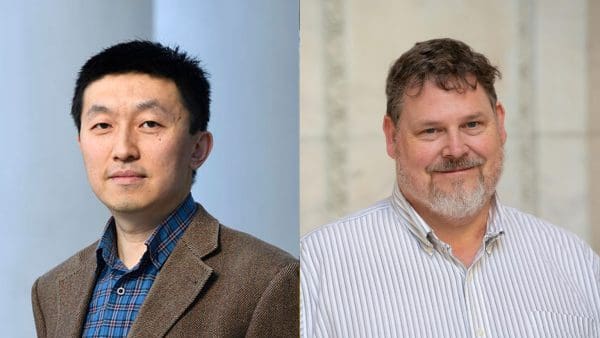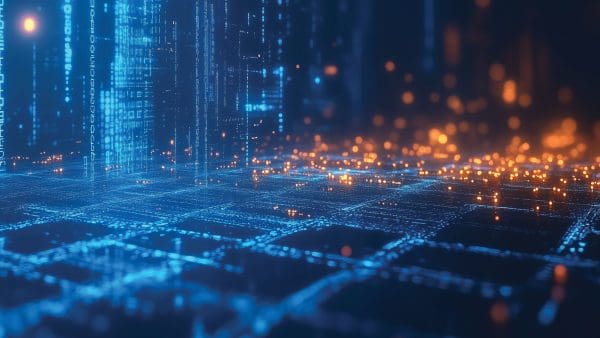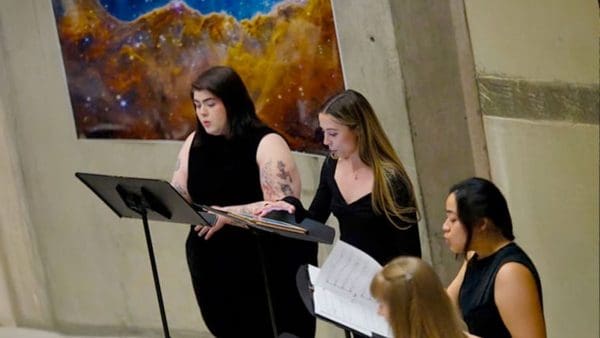In the few months that I have had the privilege of serving as the Krieger School’s interim dean, I have realized that, in addition to being a community of dedicated and hardworking scholars who maximize our scholarship through helping each other, members of the Johns Hopkins family are similarly generous with their time outside the university, and they give back in extraordinary ways.
I witnessed this firsthand in October, when I participated in the sixth annual President’s Day of Service. Started by JHU’s President Ronald J. Daniels, the event attracts more than 1,000 students, professors, staff members, and alumni who spend the day making a lasting impact within the community (and even nationwide, as alumni groups elsewhere are also joining in!). The volunteers hit the streets of Baltimore to engage in projects such as cleaning up city parks, giving a fresh coat of paint to some area public schools, serving food at a soup kitchen, planting trees in a barren neighborhood, and loading up shelves at a food bank. I worked at Robert Coleman Elementary School in a collaborative effort among their students; JHU; an organization called Thread, which fosters the academic advancement of at-risk high school students; and students from Frederick Douglass High School. We could choose from several projects—my group cleared out and organized the science storage closet, which was full of all kinds of stuff! Some fourth graders were part of our team, and when heavy boxes came down the line, JHU freshman Allie coached two of them to share the load. Sharing the load is what we all did, and it made the job that much easier, and fun too. I made some new friends, and now look forward to future visits to Robert Coleman.
Of course, it’s not a complete surprise to me that our students are so active within the Baltimore community. As a professor in the Department of Biology, I regularly advise students, and they often tell me stories of their volunteer activities in health clinics, as tutors, and as coaches, to name only a few. Another example I recently learned about from representatives of the university’s Environment, Energy, Sustainability, and Health Institute is a different kind of service: Students and faculty use systems modeling to help several Baltimore neighborhoods identify the best strategies for tackling the city’s trash problem.
So clearly, volunteerism at Hopkins doesn’t just happen once a year on the President’s Day of Service. The “giving back” sensibility at Hopkins is broad and seems to be happening 24 hours a day, year-round, and in countless venues. Take the Center for Social Concern, as yet another example. It is home to more than 60 community service groups, including the JHU Tutorial Project, which—for more than 50 years—has been partnering our undergraduates with students from Baltimore City elementary schools. The Center for Social Concern also manages the popular Community Impact Internships Program—competitive, paid summer internships that pair Hopkins undergraduate students with nonprofit organizations and government agencies to work on key projects. It’s a great way for students to learn about the inner workings of community and policy organizations.
The innovative Community Impact Internships Program was made possible by a $1.25 million gift from an anonymous donor. Clearly, this donor is a person who understands that reaching out to help others is a learning experience that is just as important as the ones taking place in the classroom. What a difference that one gift is making in so many lives.
I want to take a moment to thank everyone who donates to the Krieger School, which is another important form of giving back. From new state-of-the-art laboratories to study-abroad opportunities to named professorships for our expert faculty—our donors make so much possible for us. They understand and embrace our mission to create new knowledge. They realize that giving back means they are helping prepare the next generation of leaders. They know that by supporting the Krieger School, they are cementing our role as the standard-bearers in fields that range from philosophy to physics.
Johns Hopkins is part of a larger community—the city of Baltimore. And whether we are residents here for four years as undergraduates or 40 years as seasoned faculty members, it is our responsibility to get involved and make a difference. To that end, Johns Hopkins is part of a larger partnership called the Homewood Community Partners Initiative, which comprises 10 adjacent neighborhoods and one commercial district. The partnership works on creating effective strategies in five key areas: quality of life, blight elimination, education, commercial and retail development, and local hiring and purchasing. Addressing these important issues will have a strong impact by truly improving the lives of so many.
I’m pleased that members of the Hopkins community are exploring the myriad ways of giving back. It’s a testament to our wide-ranging dedication and commitment to helping others. Johns Hopkins is so well-known for its intellectual prowess; it’s time that we also become known for our compassion and civic-mindedness.
Sincerely,
Beverly Wendland
Interim Dean




